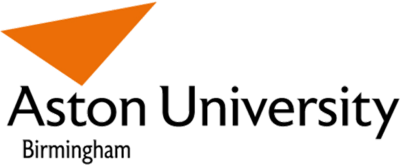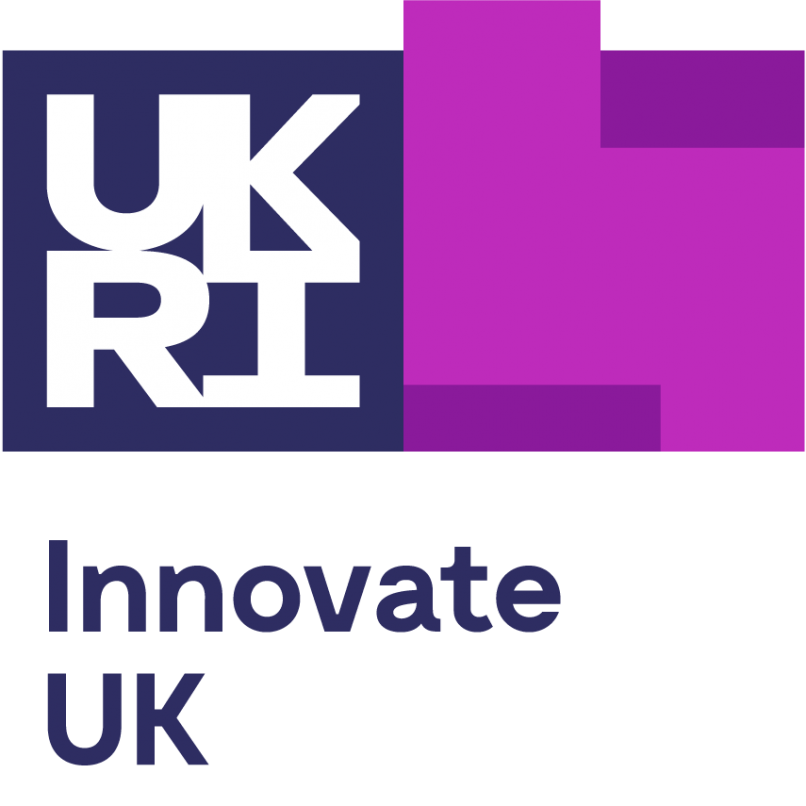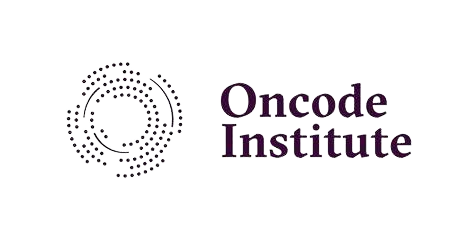VHH Research Collaborations
Always learning, we support strategic VHH research collaborations across academia and industry that expand the horizons of therapeutic development.
Clinical validation
Our long-standing collaboration with Professor Martin Dyer’s haemato-oncology group at the University of Leicester, UK, supports the development of VHH-based bi-specifics for blood cancer applications.
We have a shared vision to unite Isogenica’s rapid VHH discovery and engineering capabilities with UoL’s clinical experience and access to novel platforms to create an arsenal of bi-specific immunotherapies offering new options to patients with refractory cancers.
This joint Knowledge Transfer Partnership (KTP) grant from Innovate UK will test an array of VHH-based bi-specifics in a “virtual cancer patient” model developed by the Dyer lab. Read more here
Our iCASE sponsorship of PhD student Natasha Spena has developed BCMA-based bi-specific T cell engagers with an improved balance between efficacy (target cell killing) and safety (T cell activation) compared with clinical benchmarks. You can read more about Natasha’s work by downloading her conference poster for the British Society for Haematology below:

Download poster on In vitro Validation of Modular VHH-based Bi-specific Antibodies for Haemo-Oncology by Natasha Carmen Spena to read more
Accelerating VHH discovery through machine learning
Implementing new capabilities needs dedicated knowledge and skills. As machine learning (ML) tools become more effective for antibody discovery, we are collaborating with academic groups to develop relevant VHH discovery tools under a Knowledge Transfer Partnership (KTP) grant from UKRI.
Building on our long-standing relationship with Prof. Anna Hine at the University of Aston, we are also working with Asst. Prof. Yordan Raykov at the University of Nottingham to develop scalable ML tools to address typical bottlenecks in VHH antibody discovery.
Dedicated to this project, our KTP Associate Dr. Ben Wagstaffe is bridging the gap between data and function. By understanding where ML can generate the most value in our current processes, we can improve efficiency in our synthetic VHH discovery through focusing on the most promising leads faster.
This program also leaves an important legacy in skills transfer, empowering our scientific team to critique new AI tools and deploy them effectively as Isogenica’s VHH antibody discovery service continues to develop. Read more.



“By the time I retire, machine learning and AI will have transformed the whole of biology. We’ll be much more efficient, using our computing tools to generate new ideas and hypotheses that can be tested quickly in the lab, rather than relying on ‘wet’ research for discovery, getting us to effective solutions and new treatments faster than ever before.”
Collaborative VHH discovery
Working with scientists at the Oncode Institute and University Medical Center Utrecht, we identified a potential VHH treatment of Wnt-hypersentive tumours. The collaboration mined our vast synthetic VHH libraries to screen for Wnt pathway inhibitors using our CIS display technology, identifying antagonists of two related biochemical pathways. Read more.
Yeast-based VHH manufacturing for lower cost of goods
We collaborate with others to make manufacturing VHH antibodies faster, easier to scale-up, cheaper and safer.
As simple molecules, VHH antibodies do not need glycosylation, meaning they can be manufactured easily in microbial systems such as yeast and E, coli.
Our Innovate UK funded collaboration with Phenotypeca has shown how baker’s yeast Saccharomyces cerevisiae can be used for faster, safer and cheaper bioproduction of high-quality mono- and multi-specific VHH antibodies. In this project we expressed VHHs from yeast:
– Displayed on the cell surface, with and without fluorescent tags
– Secreted into incredibly clean supernatants for straightforward purification
– As tag-free mono- and bi-specifics with full functional activity
Read the full case study here.
Grants
Thank you to our funders who enable us to collaborate with universities, research institutions and companies.
Do you have a great idea that needs VHH expertise to get off the ground?








![[removal.ai]_tmp-643d4e7c57354](https://isogenica.com/wp-content/uploads/2023/05/removal.ai_tmp-643d4e7c57354.png)